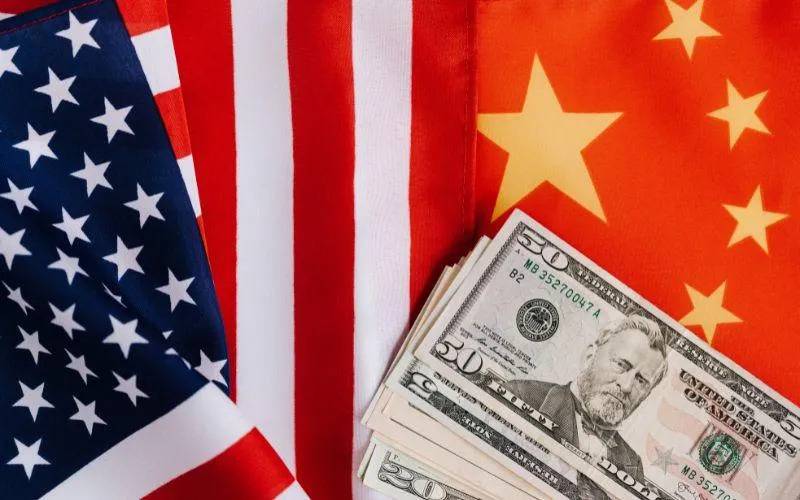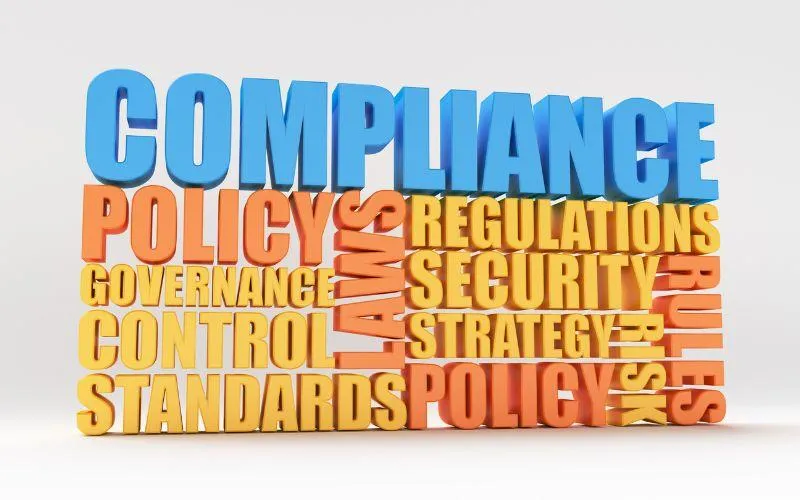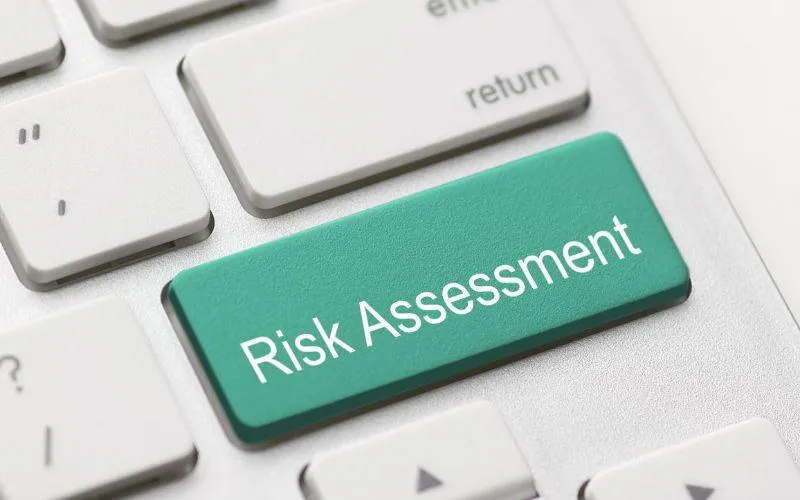How Geopolitical Tensions Are Affecting Global Business Strategies

In today’s interconnected world, geopolitical events no longer remain confined within borders—they ripple through global markets, impacting supply chains, investment flows, and strategic decision-making. For multinational corporations and small businesses alike, understanding how geopolitical tensions shape the economic landscape is no longer optional—it’s a strategic necessity.
The Global Business Landscape: A Shifting Terrain
Globalization brought an era of relative stability and interconnectedness. Companies sourced goods from wherever was cheapest, built operations in politically stable regions, and entered emerging markets with confidence. But the past decade has shown that political risks—once considered background noise—can disrupt even the most well-laid business strategies.
From Russia’s invasion of Ukraine to rising tensions between the U.S. and China, the rise of nationalism, protectionism, and trade wars has made the global business environment significantly more volatile.
Major Geopolitical Flashpoints Impacting Business Today
U.S.-China Relations
The two largest economies in the world are engaged in a complex rivalry involving tariffs, tech bans, and ideological differences. Companies with supply chains or customer bases in China are diversifying, re-evaluating their exposure, or even relocating operations.
Impact: Semiconductor bans, reduced technology transfers, and increased scrutiny of Chinese investments in the West have reshaped tech and manufacturing

Russia-Ukraine Conflict
The war in Ukraine upended energy markets, disrupted agriculture exports, and forced Western firms to exit Russian markets—losing billions in the process.
Impact: Supply shortages, rising energy costs, and changes in shipping routes. Sanctions compliance has become a central business risk management issue.

Middle East Instability
Periodic escalations in the Middle East—such as tensions involving Iran or conflicts in Gaza—affect oil prices, transport security (especially through the Red Sea), and investor confidence in emerging markets.
Impact: Volatile energy prices and risk premiums on shipping and insurance for companies doing business in the region.

Asia-Pacific Strategic Shifts
Territorial disputes in the South China Sea, Taiwan’s political future, and growing military alliances have led many companies to rethink their footprint in Asia.
Impact: Some manufacturers are pursuing “China +1” strategies, moving production to Vietnam, India, or Indonesia to diversify geopolitical risk.

Small Call to Action Headline
Companies are adapting their strategies in response to the above geopolitical shocks through several key approaches:

Rethinking Supply Chains
Just-in-time supply chains are being replaced with “just-in-case” models. Businesses are investing in supply chain resilience by:
● Nearshoring (moving production closer to home)
● Friendshoring (sourcing from politically aligned nations)
● Multi-sourcing (reducing reliance on a single supplier or region)

Policy & Compliance Integration
Geopolitical tension has elevated the importance of compliance departments. From export controls to ESG (Environmental, Social, and Governance) regulations, firms must ensure they’re not violating sanctions, labor laws, or environmental rules tied to geopolitical decisions.

Scenario Planning & Risk Assessment
Smart firms are developing geopolitical risk dashboards—evaluating scenarios based on political developments, trade policies, and regional conflicts. This allows for quicker pivots and proactive moves.

Investment Realignment
Investment strategies are shifting. Capital is flowing into regions deemed stable and politically neutral. Emerging markets that were once growth darlings are now seen as high-risk, depending on their geopolitical alignment.
The New Normal: Strategy Meets Geopolitics
In this environment, businesses must move beyond pure market metrics. Success now depends on:
● Geo-economic foresight: Understanding how governments use economics as a tool of diplomacy or coercion.
● Agility and adaptability: Rapid pivots when political winds change.
● Stronger public-private partnerships: Working with governments to navigate trade policy, cyber defense, and infrastructure security.

What’s Next?
We are entering a “multi-polar” world—no single global power, but several competing blocks (e.g., U.S./EU, BRICS, ASEAN). Companies must design strategies not just around cost-efficiency but around political alignment, regulatory resilience, and crisis preparedness.
Those who integrate geopolitical risk into every level of their business—supply chain, HR, investment, and marketing—will not just survive this era of fragmentation but thrive in it.

What’s Your Strategy?
Is your business prepared for a more fragmented, politically volatile global economy? Let us know how you’re adjusting your strategy to stay ahead.
#Geopolitics #BusinessStrategy #GlobalMarkets #SupplyChainResilience #RiskManagement #EmergingMarkets #BRICS #TradeWars #ChinaUSRelations #BusinessTrends2025
Leave a Comment
Comments:




©2025 Laughlin Business Credit Advisor, all rights reserved. No reproduction or use of any portion of the content or work, or the entire work, is permitted without the express written permission and authorization of the publisher. However, the publisher of these materials routinely grants authorization for reproduction or use of this work, in whole or in part. If you would like to use any portion of this material in a book, article, e-zine, newsletter, radio or television broadcast, podcast, or in any other seminar, teleconference, or other events or publications, please email or call Laughlin Business Credit Advisor.
Stay inspired, informed, and ahead – fill out the form to join us now!
Dive into our library and unlock a treasure trove of business insights that can transform your journey to success.
Laughlin Business Credit Advisors680 W. Nye Ln, Ste #201Carson City, NV 89703
All Rights Reserved,
© 2024 Great Basin Holdings, Inc.









